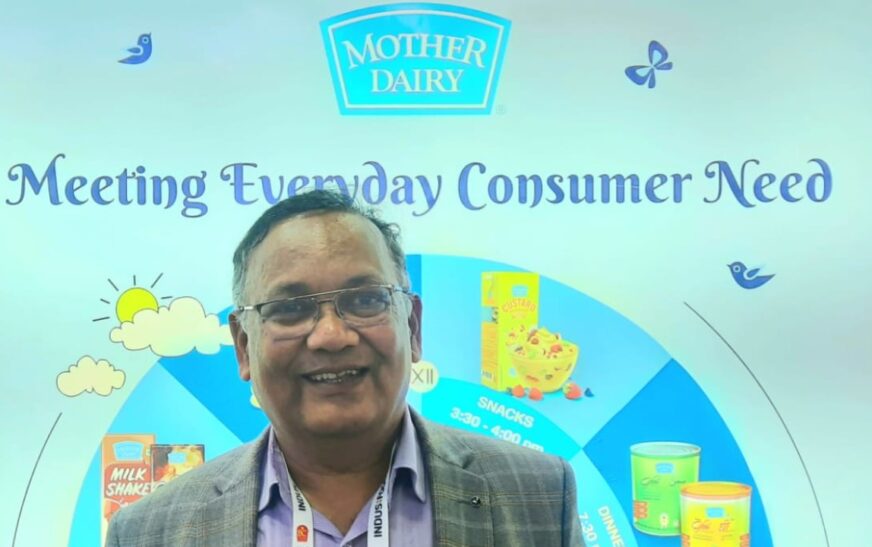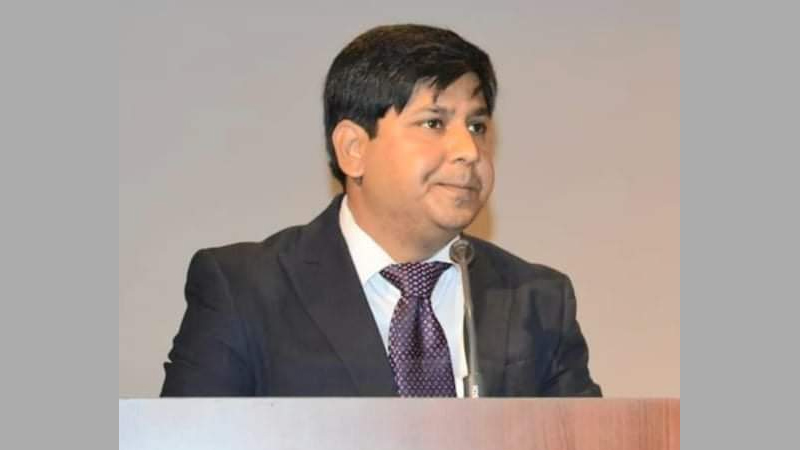Safal, the fruits and vegetables division of Mother Dairy, pioneered the frozen foods industry in India during the mid-90s. As a trailblazer, Safal dominates the organized retail sector for fruits and vegetables in Delhi-NCR. It boasts the largest number of stores in both Delhi-NCR and Bengaluru.
Over time, Safal has garnered widespread customer support, transforming into a household name with a commanding presence nationwide. The brand has achieved market leadership and recognition for its quality offerings.
Safal’s product range includes innovative options such as frozen peas, frozen mixed vegetables, frozen sweet corn, and frozen jackfruit, establishing itself as a pioneer in the frozen vegetables segment across India. Recently, Safal expanded into diverse categories like unpolished pulses, frozen snacks, tomato puree, and honey, all while maintaining a commitment to delivering high-quality products.
As the premier retail chain for fresh fruits and vegetables in Delhi, Safal currently operates around 400 retail outlets in Delhi, Noida, Ghaziabad, Faridabad, and Gurgaon. In addition, it has 23 retail outlets in Bengaluru, collectively serving over 1.5 lakh customers daily. Safal offers an extensive range, comprising approximately 120 SKUs of fresh fruits and vegetables. Moreover, Safal offers a diverse selection of value-added products, Dhara products, and Mother Dairy products.
In an exclusive interview with The Interview World, Pradipta Kumar Sahoo, Business Head of Safal & International Business at Mother Dairy Fruit & Vegetable Pvt. Ltd., highlights the company’s leadership in the frozen products market and outlines its expansion plans. Here, we present the key insights from his interview.
Q: What are the market opportunities for frozen foods?
A: The frozen food market presents a tremendous opportunity, driven by the growing demand for convenience, value for money, and consistent quality throughout the year. These three or four essential attributes make frozen products highly relevant and conducive to scaling up.
Many companies are strategically entering the frozen food sector, focusing on procuring fresh produce during its peak season to ensure optimal nutrition. The key lies in freezing the fresh crop at its nutritional peak, allowing it to be available and usable year-round. This approach effectively eliminates seasonality, provides consistent quality, and enhances convenience for consumers.
In essence, by aligning with these principles, companies not only satisfy consumer needs but also contribute to environmental sustainability. Procuring fresh crops in season, freezing them, and offering year-round availability not only benefits consumers but also ensures profitability for the players in the industry. In the end, this approach creates a win-win situation for everyone involved – consumers, nature, and the business entities in the frozen food market.
Q: What’s the market share of Safal in frozen foods?
A: We are the pioneers and innovators in this category, having laid the foundation for its development since the 90s. Back then, there was no competition in this space, making us the trailblazers. Today, we continue to hold both market leadership and mind leadership, with Safal being the top choice in consumers’ minds.
For instance, when it comes to butter, people predominantly associate it with Amul, and for frozen items, Safal takes the lead. Despite facing intense competition in the realm of open, unhealthy, and untidy consumer markets, we remain unrivalled as the number one choice.
Notably, we command a premium position and uphold the status of being the top brand in the industry. Looking ahead, we are confident in maintaining our market leadership position, even amidst the challenges posed by emerging competitors.
Q: What is your expansion plan regarding the product range?
A: We’ve expanded our off-lead offerings beyond just green peas to include American sweet corn. This expansion is being orchestrated from our cutting-edge plant located in Ranchi, marking a pioneering move in the eastern region. The plant operates on an integrated model, where we acquire peas and corn while also engaging in contract farming of corn within the eastern landscape. Our commitment to processing these crops locally is a strategic effort to minimize our carbon footprint.
Previously, frozen corn production hubs were concentrated around Pune in the western region. Transporting products from the west to the east, covering cities like Kolkata and Bhubaneswar, was the norm. However, our paradigm shift involves entering into contract farming agreements with tribal farmers and establishing a state-of-the-art plant in Ranchi. Now, 100% of our capital requirements for frozen peas are fulfilled through our in-house plant and contract farming initiatives. This initiative stands as a unique and exemplary model in the eastern part of India.
Expanding our horizons, we are venturing into frozen snacks, particularly those based on potatoes, and exploring niche product development. Our focus spans two realms – frozen ingredients, where we already hold a market leadership position, and the emerging domain of frozen snacks. In the latter, we are actively developing and introducing new products, anticipating a positive trajectory in this segment as we move forward.
Q: Are you also venturing into e-commerce?
A: E-commerce is currently a prevailing trend, and we’ve embraced it by developing our own Safal app. Our Safal retail presence in Delhi also contributes to this digital shift. We are actively leveraging our e-commerce Safal app, aiming to increase our sales significantly. Presently, our sales through this channel stand at a modest 2-3%. However, our ambitious plan is to elevate it to 10% in the coming year. Concurrently, we are supplying products to various e-commerce players, and our substantial share lies in the frozen products category. Approximately 5-10% of our overall sales are driven by e-commerce, with our Safal app accounting for 2% of the total sales.









2 Comments
Jai Jagannath
Some truly fantastic posts on this site, thanks for contribution. “He that falls in love with himself will have no rivals.” by Benjamin Franklin.
Comments are closed.